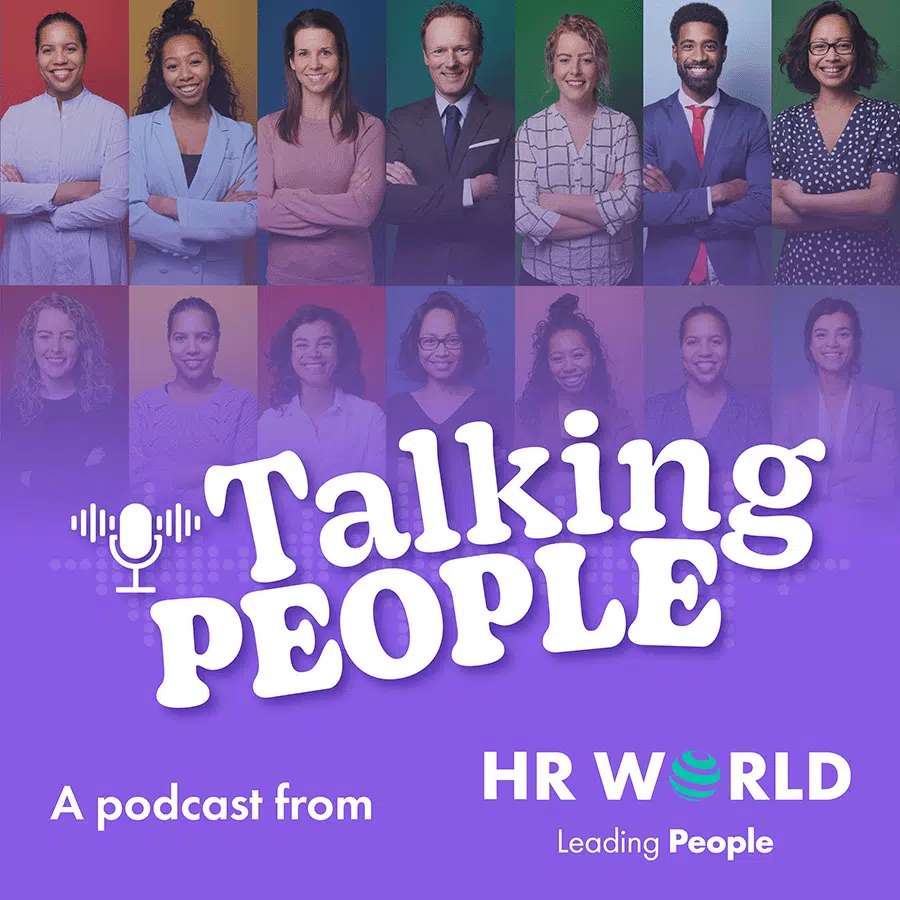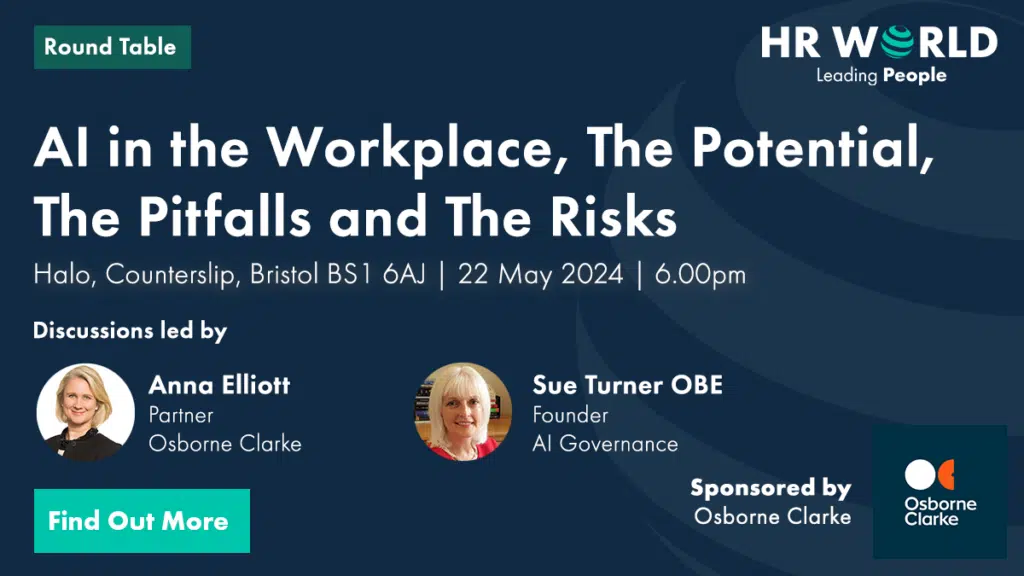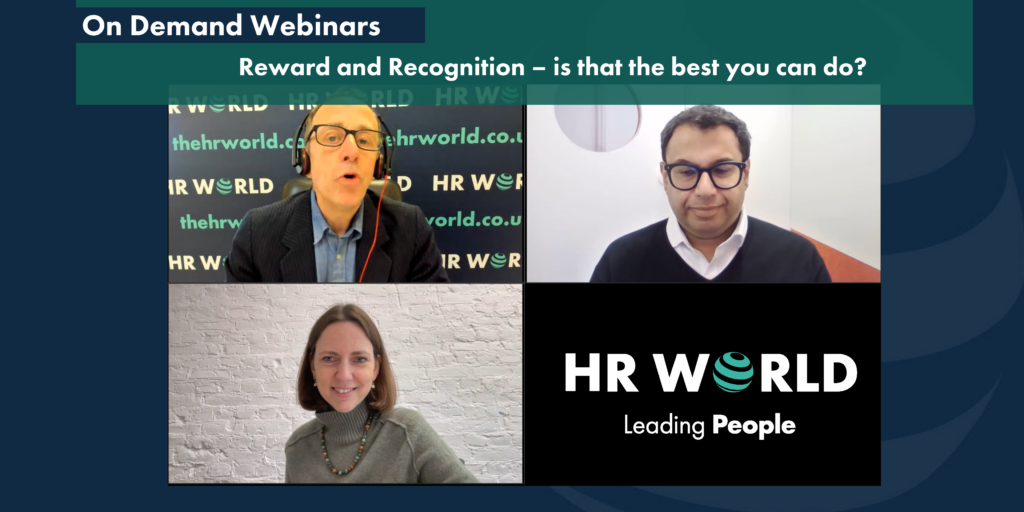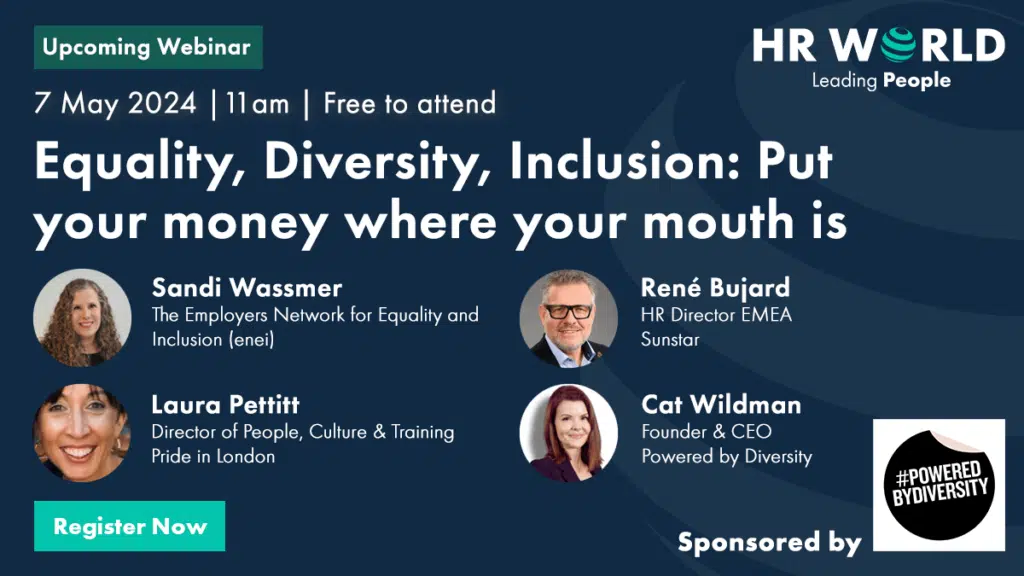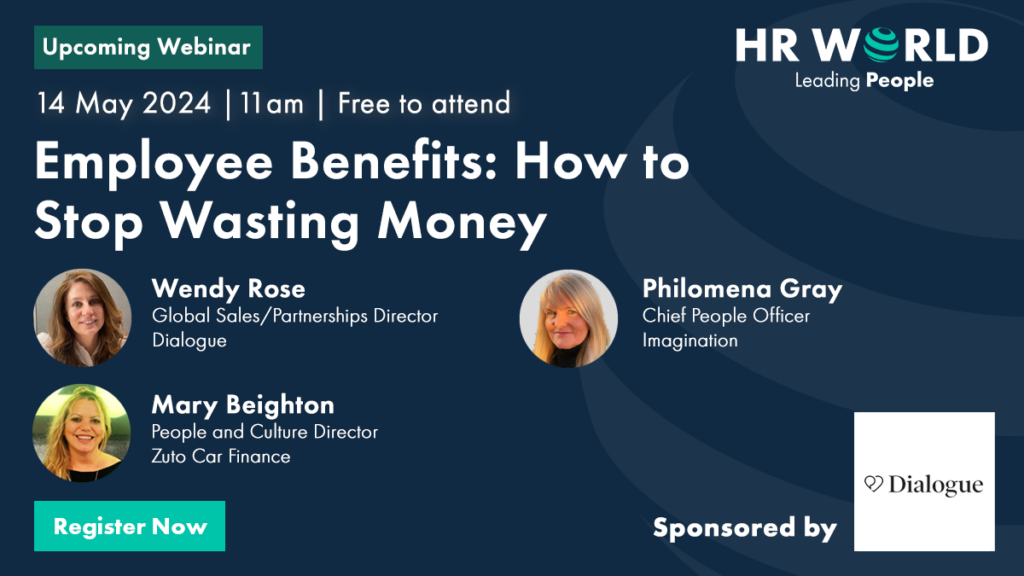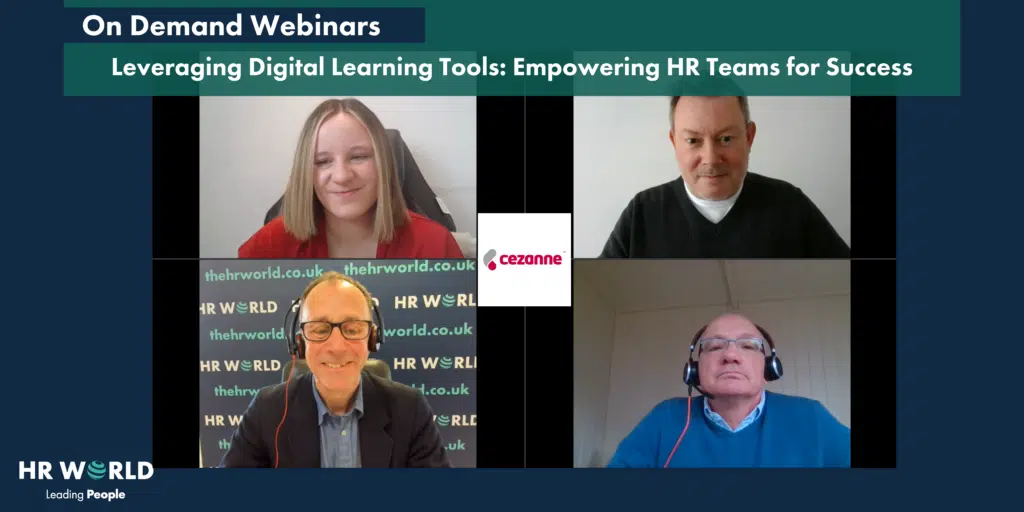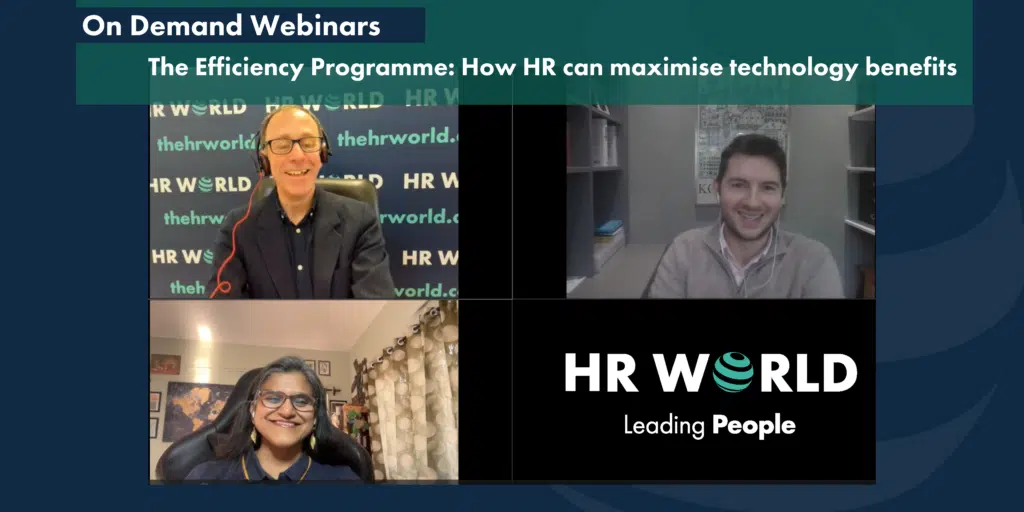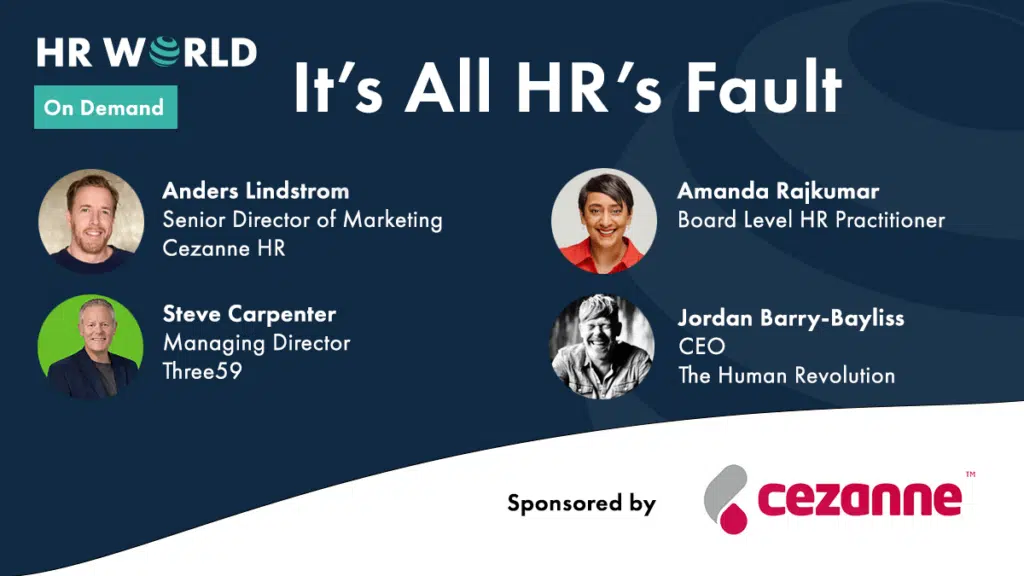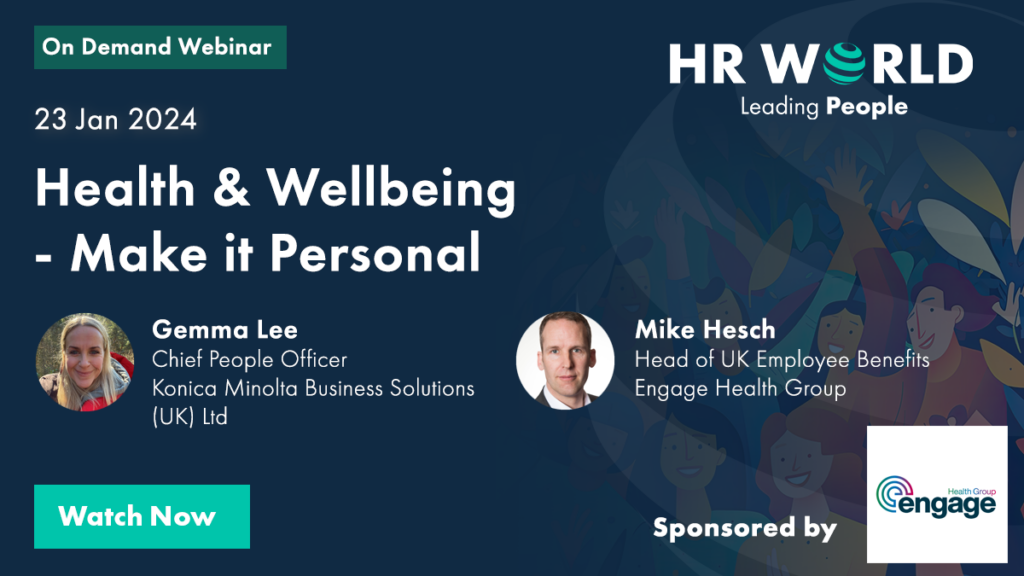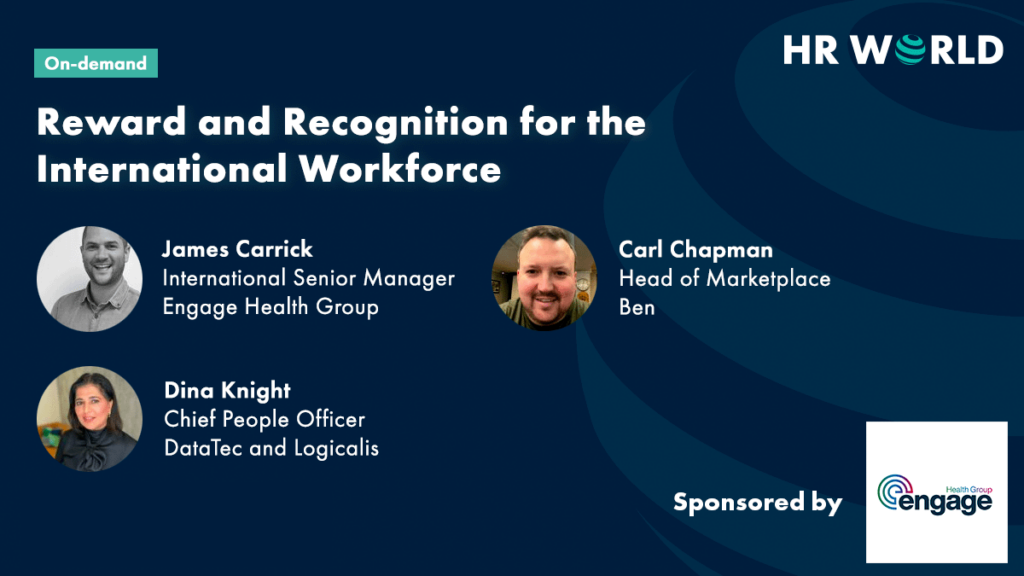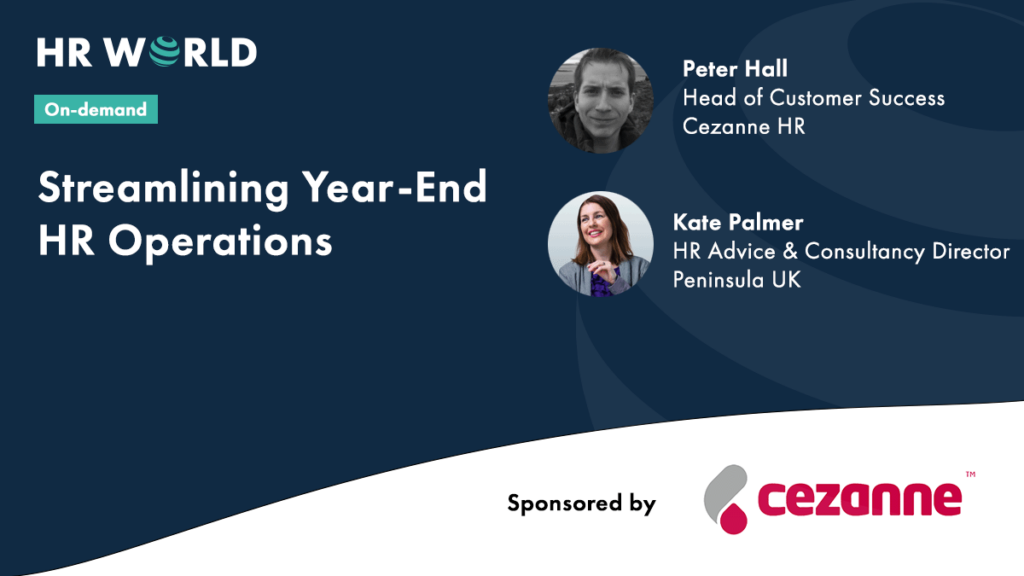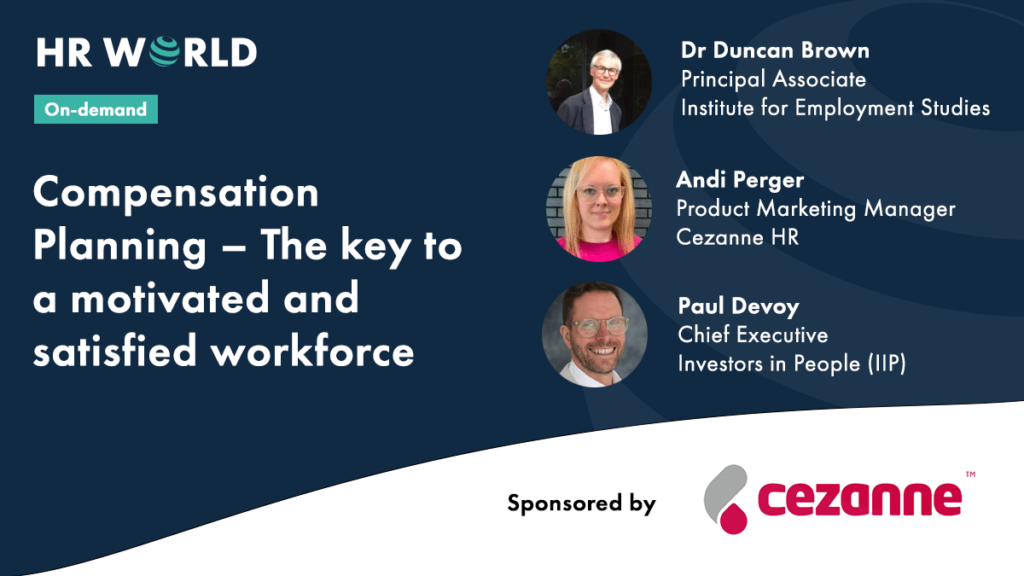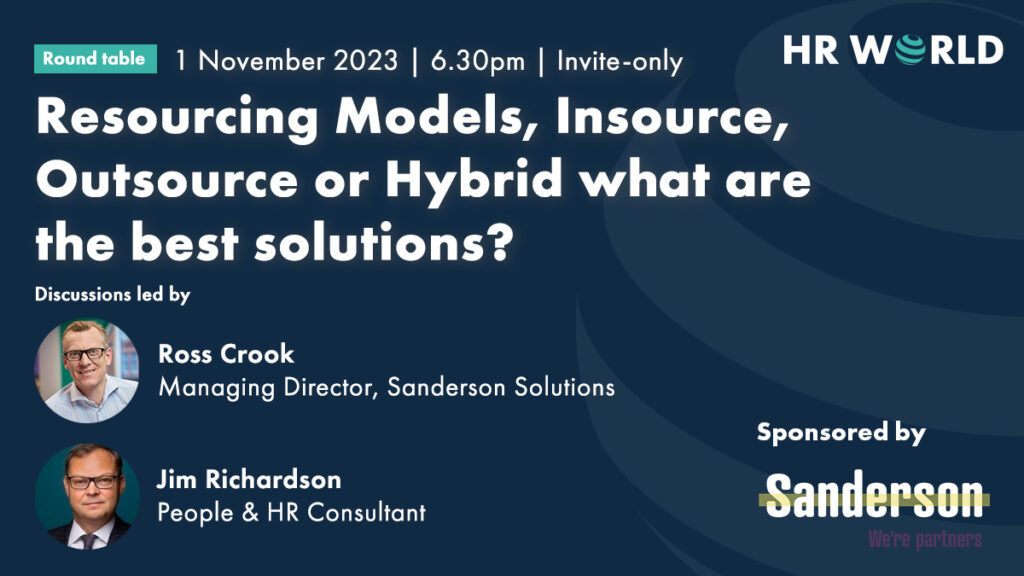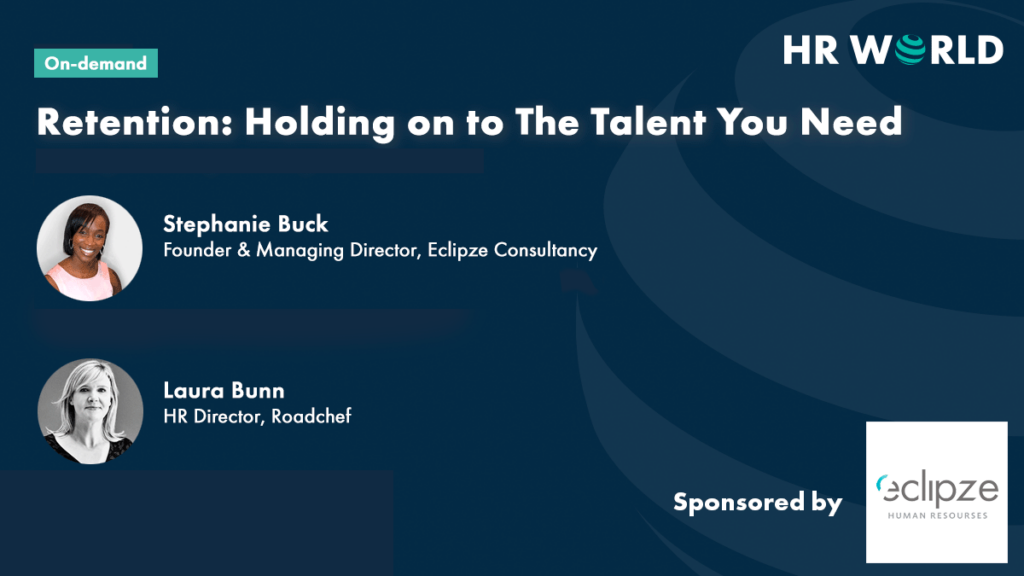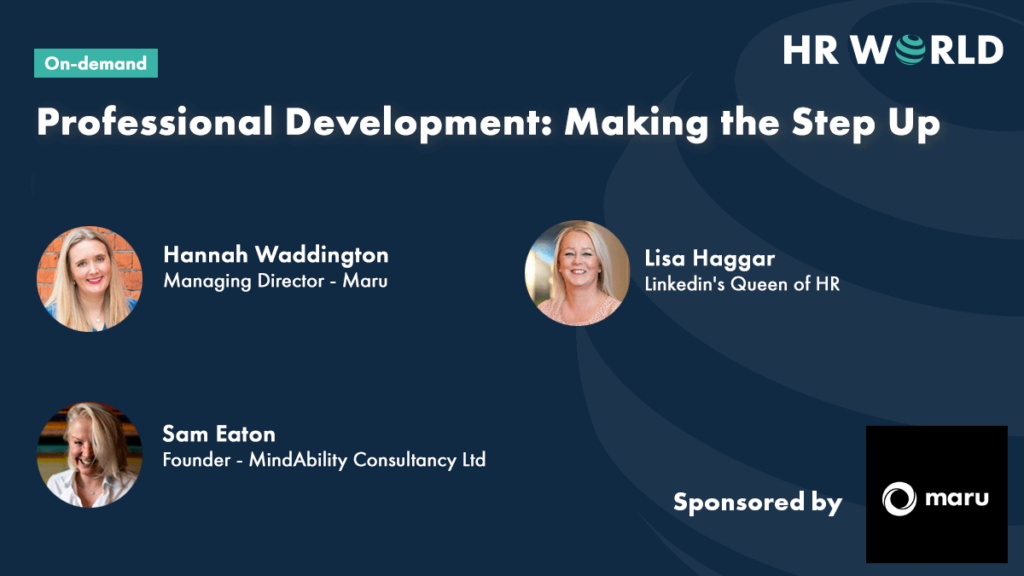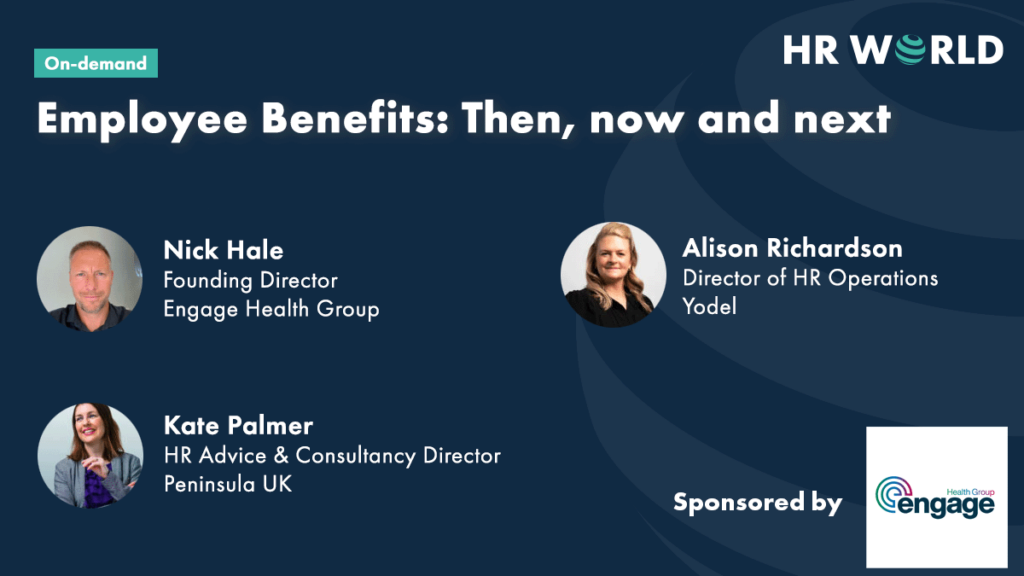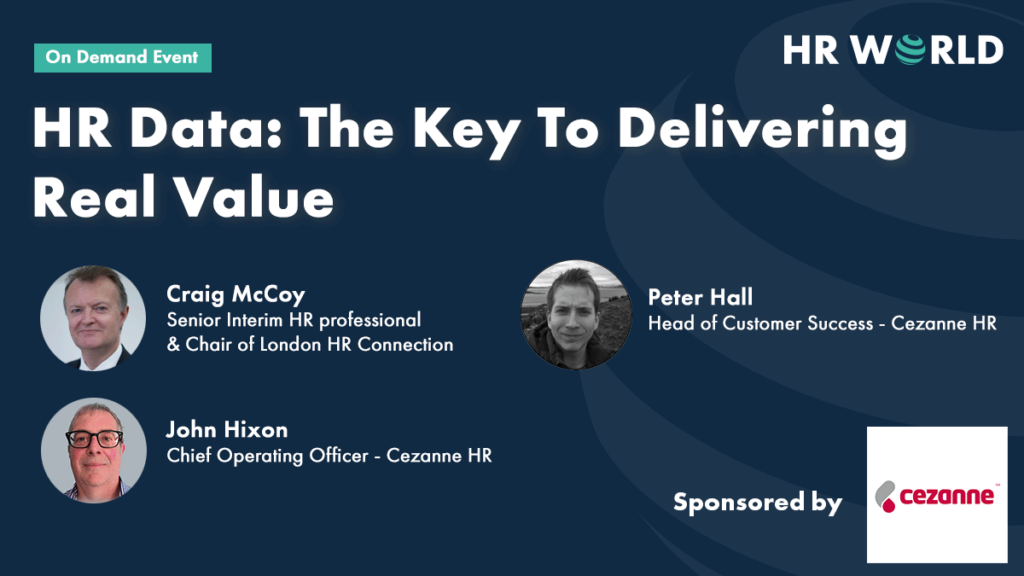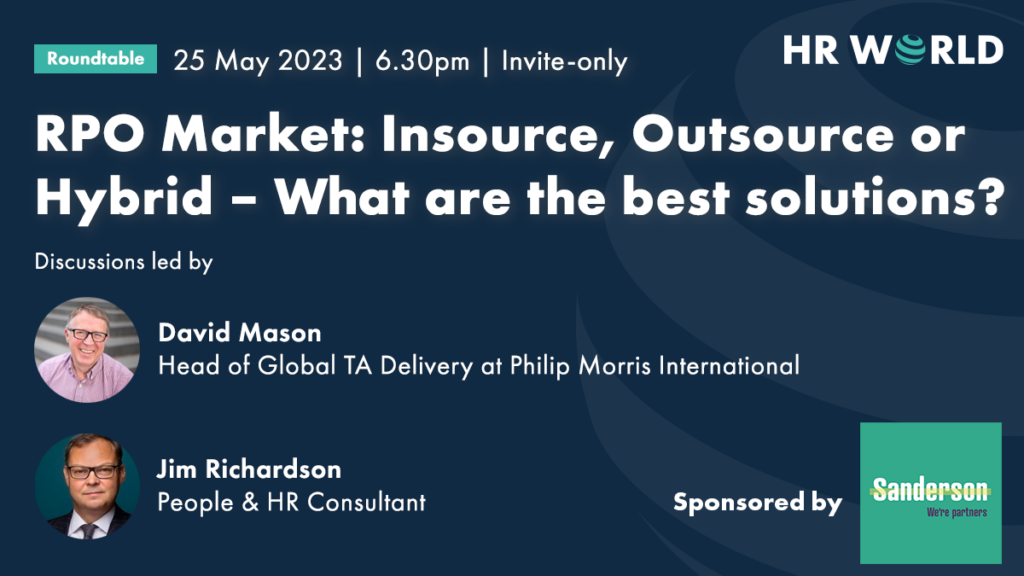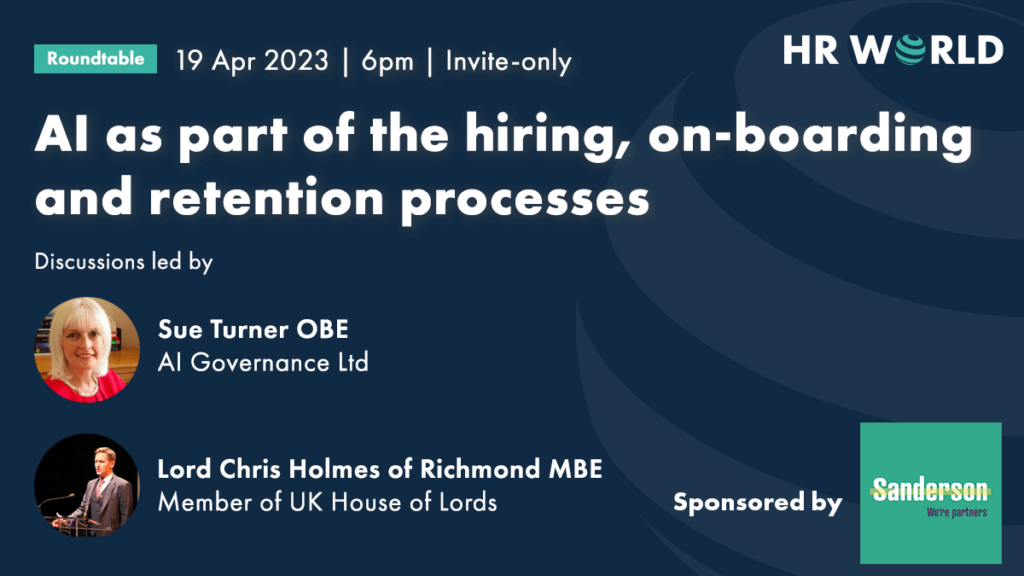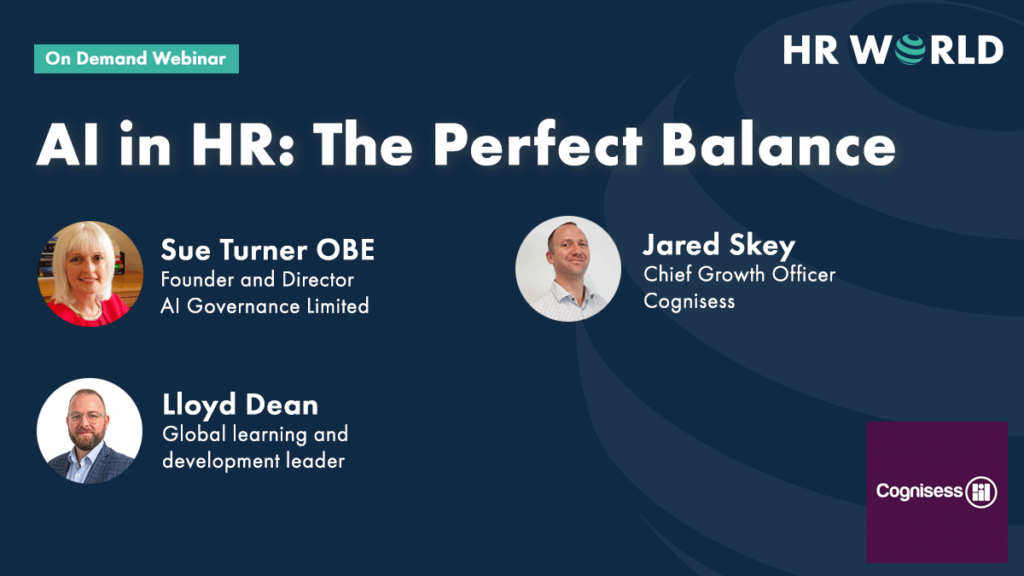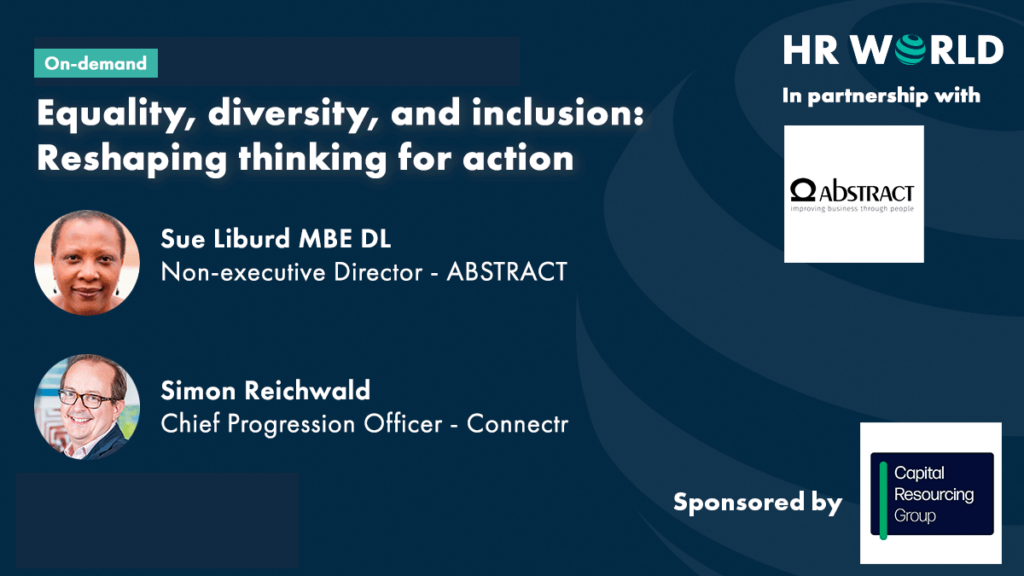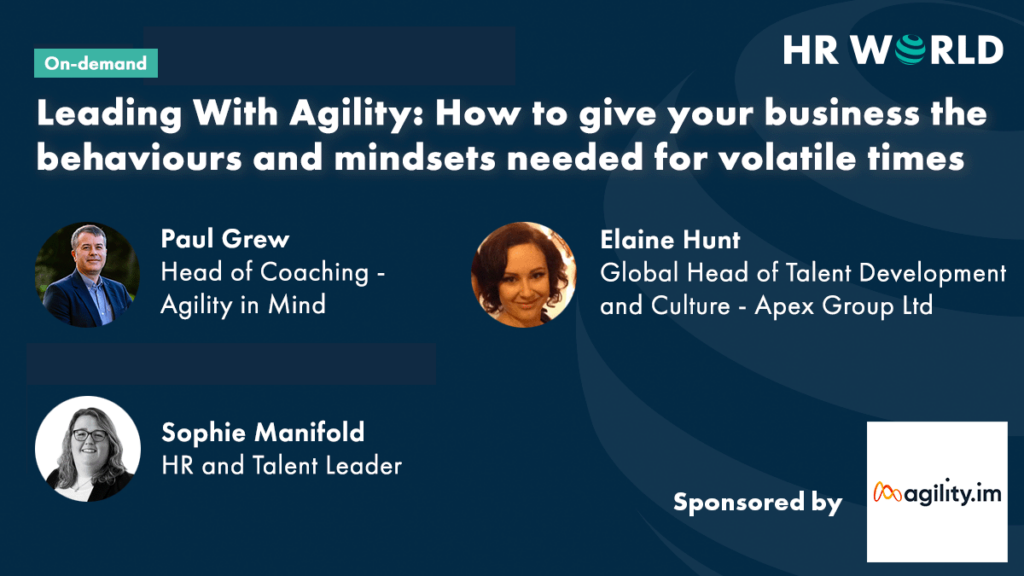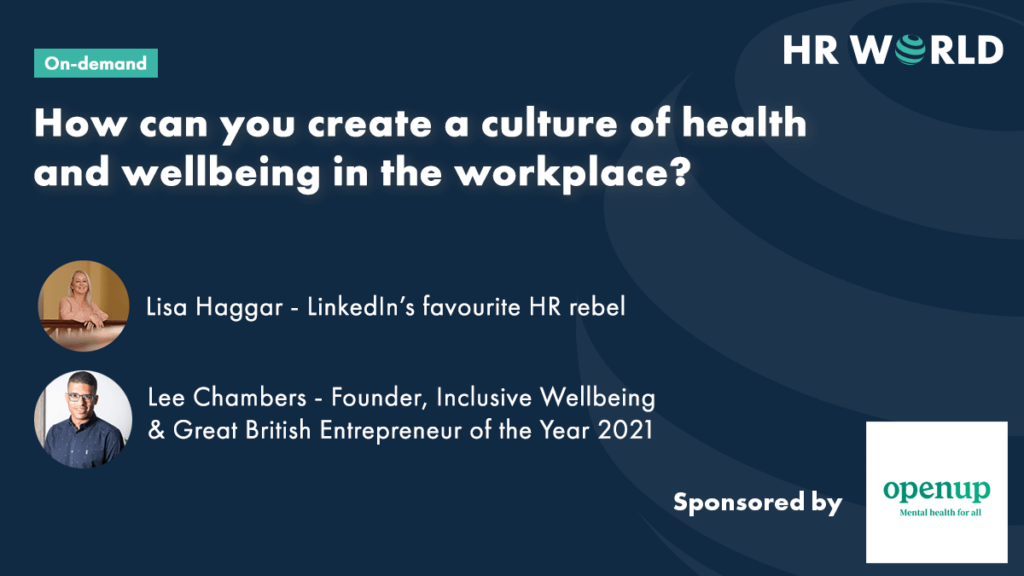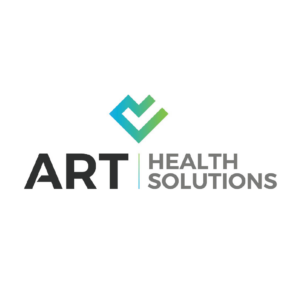Home » Knowledge Hub » Leadership » 3 leadership priorities to help engage employees in their happiness and wellbeing
3 leadership priorities to help engage employees in their happiness and wellbeing
30 May 2023 Leadership
Story by
Dialogue formerly Tictrac

Organisations are currently facing multiple headwinds – from coming out of the pandemic, to the cost of living crisis and ongoing economic and political uncertainty. This is in addition to increases in mergers, acquisitions and company restructures.
With our macroenvironment being in a constant state of flux, expectations of leaders continue to change and evolve. It is clear that meeting the needs of today’s workforce is not a one size fits all solution. In fact, according to the British Medical Association, the number of adults accessing mental health treatments has risen by 71%. Yet 1 in 3 managers feel out of their depth supporting their team with mental health concerns (MHFA 2023).
Employees are also faced with a myriad of choices as they navigate various challenges in their work day including: a reduced sense of belonging, maintaining business relationships whilst working remotely, isolation and app fatigue just to name a few.
Keeping employees engaged in their wellbeing
In the latest of a series of roundtables earlier this year, a group of HR leaders came together for peer to peer discussions to benchmark where their own organisations are at with workplace wellbeing post pandemic.
These insights have been summarised in an exclusive report on how to ‘Engage, empower and enable employees to enhance their health, happiness and wellbeing.’
Below we explore 3 core themes that emerged from the roundtable as priority areas for organisations to work through.
Psychological safety in hybrid world
Psychological safety is a new priority in this hybrid working environment where isolation can add to health and wellbeing risks. Many organisations are exploring how best to design the hybrid or remote world so employees feel equally as safe to admit a mistake, disagree or share a different perspective for example.
One firm we spoke to at the roundtable event shared that they run psychological safety workshops as part of their onboarding process as a preventative measure, and to set the culture when people first join to know that they have a right to their mental wellbeing.
Face to face encounters need encouragement
All roundtable contributors had challenges with the characteristics of working remotely.
It was agreed that employees are much more productive than their managers might have expected as they don’t have to commute, for example. But they are often isolated without colleagues to hand. They don’t learn or grow through “water cooler” moments. And they don’t feel part of a shared enterprise.
There was consensus that some people are more comfortable than others with going back to the office. In light of this, leaders are having to reevaluate the purpose of the office – is it more for workshops, strategic meetings, relationship building?
Expectations on leadership
Leaders are the champions of wellbeing, not least because wellbeing starts at the top of organisations.
Some of the key takeaways from the discussion were that high performing teams who are motivated to succeed need leaders who:
- Prioritise wellbeing
- continue to share openly own personal journeys and build connection with teams
- Supports teams in working effectively in a hybrid world
- Understand and trust employee engagement data
- Keep an eye on high stress events such as M&A and restructuring
Workplace wellbeing in today’s world
There is a degree of interconnectedness between changes in our macro environment, how leadership shows up, employees, and our workplace environment. As employees continue to face a number of stress factors, organisations can play an important role in supporting employees with their physical health, mental wellbeing and overall happiness.
To access more peer to peer insights from the 2023 roundtable discussions on how to ‘Engage, empower and enable employees to enhance their health, happiness and wellbeing’, download the executive summary report here: Exclusive report


